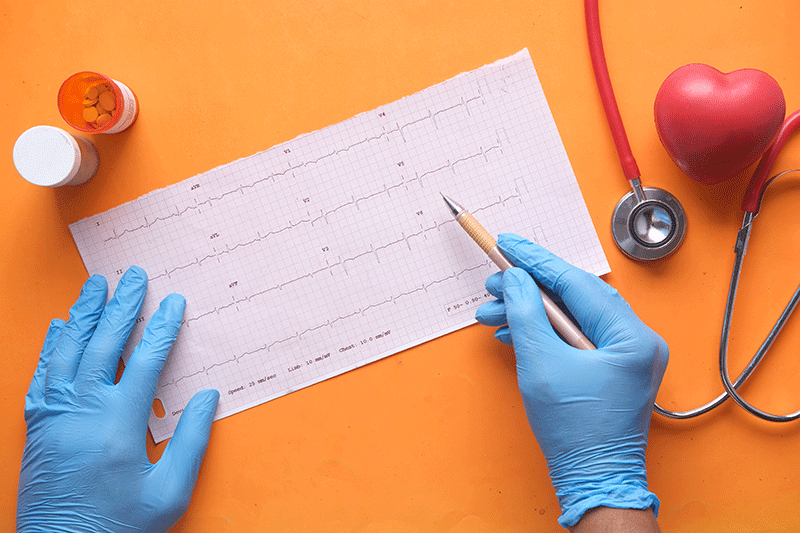Cardiovascular Disease
Research has indicated that vitamin D deficiency may contribute to the development and progression of cardiovascular disease by promoting inflammation, oxidative stress, and impaired vascular function. Low vitamin D levels have been linked to an increased risk of hypertension (high blood pressure), atherosclerosis (hardening of the arteries), and other cardiovascular risk factors.

Vitamin D deficiency has been associated with an increased risk of adverse cardiovascular events, including heart attacks, strokes, and heart failure. However, it is important to note that the relationship between vitamin D and cardiovascular disease is complex and influenced by various factors, including genetics, lifestyle choices, and other underlying health conditions.
Vitamin D deficiency is a prevalent condition with potential implications for various aspects of health, including bone health, immune function, mood, and more. While it may not directly cause cardiovascular disease, impaired fertility, or other specific conditions, there is evidence suggesting that low vitamin D levels may be associated with an increased risk of developing certain health problems.
Maintaining adequate vitamin D levels is important for overall health and well-being. It is recommended to seek a balanced approach that includes a combination of sunlight exposure, consumption of vitamin D-rich foods, and, if necessary, vitamin D supplementation under the guidance of a healthcare professional.
If you are experiencing symptoms or have concerns about your health, it is crucial to consult with a healthcare professional who can evaluate your specific situation, conduct necessary tests, and provide appropriate recommendations. They will consider various factors, including vitamin D levels, along with other aspects of your health, to develop a personalized plan to address any deficiencies and optimize your overall health.
Remember, this article serves as a general guide and should not replace professional medical advice. By staying informed, maintaining a healthy lifestyle, and working closely with healthcare professionals, you can take proactive steps to support your health and well-being.


Leave a Comment